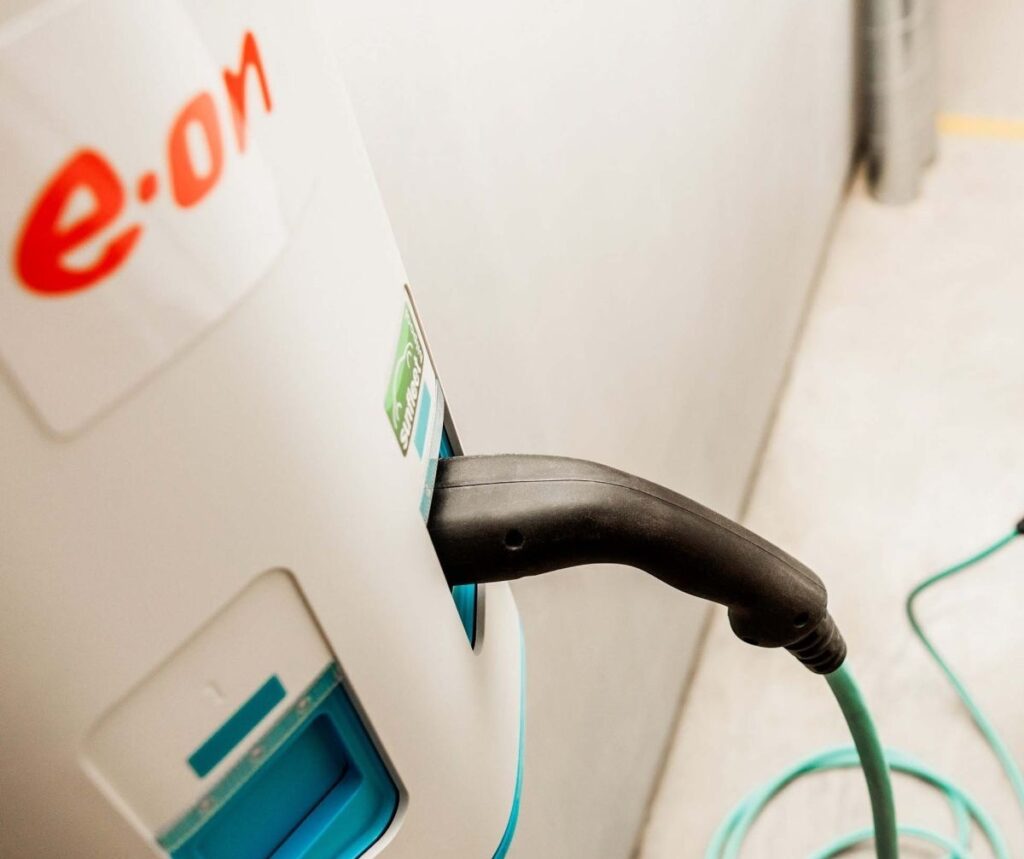E.ON has launched an electric vehicle (EV) salary sacrifice scheme following its company car provision going all electric in 2019.
This new scheme – created by E.ON and Lex Autolease – enables non-company car drivers to access an EV, offering a range of EVs as well as an option to purchase a home chargepoint through its e-mobility business unit, E.ON Drive, as an additional salary sacrifice benefit.
The scheme allows employees to benefit from reduced Income Tax and National Insurance contributions, with this designed to make EVs more affordable.
It follows Octopus announcing earlier this year it was offering 100% electric salary sacrifice schemes through a new business unit dubbed Electric Dreams.
The energy firm claimed drivers already signed up are saving an average of £14,445 over three years, with this achieved through drivers sacrificing some pre-tax salary in return for a new electric car, taking advantage of the current low Benefit in Kind tax rates on EVs.
Chris Norbury, E.ON’s chief people officer, said: “As we’re helping our customers to be more sustainable at home, in business and across entire communities with smart, personalised and sustainable solutions, it’s only right that we continue to enable our employees to make a direct personal contribution to cleaner air too.”
In 2019, E.ON penned a strategic partnership with vehicle leasing giant ALD Automotive to develop electric mobility, financing and energy services.
This agreement saw ALD Automotive’s corporate, municipality and private customers throughout Europe gain access to E.ON’s e-mobility and energy solutions, including consultancy, planning, installation, operation and maintenance of charging infrastructure.
Meanwhile, the company this year launched a new EV tariff through its E.On Next brand, offering 100% renewable energy for EV drivers, although this is sourced through Renewable Guarantee of Origin certificates, which have often been criticised for being a “shortcut”.
The key selling point of this tariff – named Next Drive – is the ability to charge an EV at a fixed price of 4p/kWh between midnight and 4am, while outside of these off-peak hours the tariff charges drivers 17.6p/kW.
It fits alongside a number of EV tariffs offering similar overnight rates, including Bulb’s rate of 4p/kWh between 2am and 6am and EDF’s 4.5p/KWh between 12am and 5am daily.





